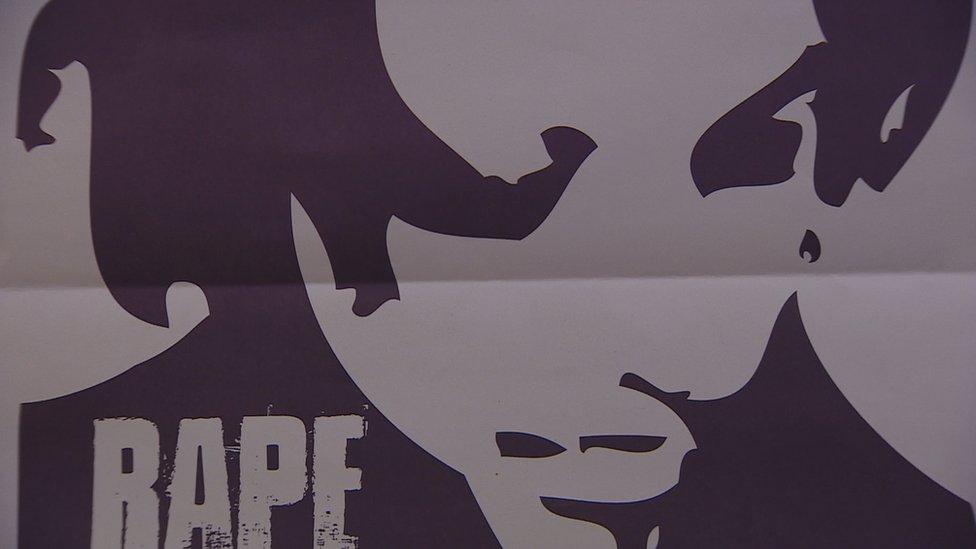More than 6,000 victims on rape support waiting list
- Published
Elizabeth Letaief said she did not understand how traumatised she had been by her rape
Victims of rape or sexual assault often have to wait "a year or more" to access Rape Crisis centres in England and Wales, the charity has said.
More than 6,000 people are waiting for specialist face-to-face support due to "unprecedented demand", it added.
Victims' Commissioner Dame Vera Baird QC said the waiting list was "really damaging". She and Rape Crisis have both called for an increase in funding.
The government said it had given £32m of funding for the next three years.
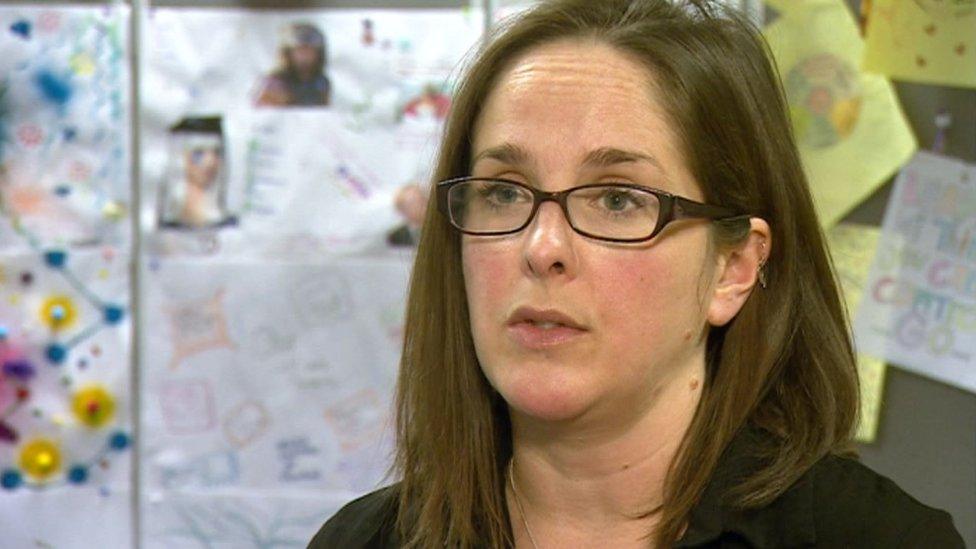
Katie Russell, from Rape Crisis, said victims and survivors were being "let down"
According to Rape Crisis England and Wales, which has 41 centres, there were 6,069 individuals, including 172 children, waiting for a specialist face-to-face service at the end of March 2019. In the same month two years previously, there were 4,000 on the list.
"We know counselling can be life-changing but often women have to wait a year or more to access that service and really we need more resourcing to increase capacity and that waiting time can be reduced," said spokeswoman Katie Russell.
"We have had to close [some] waiting lists and that's devastating."
Victims and survivors of sexual violence helped by Rape Crisis England and Wales
80,000people were helped by Rape Crisis in 2018-19
50,000The number of people the charity worked with in 2014-15
She said the massive increase in demand came in the wake of revelations about predatory sexual abuser Jimmy Savile and other high profile cases including the independent inquiry into child sex abuse.
"Since about 2012 there's been unprecedented need and demand for specialist rape crisis services across England and Wales, including the counselling, therapeutic services, helpline services and specialist advocacy that we offer.
"To have to turn people away is heart-breaking and not what anyone wants to do - and even worse for the person who has found the courage or strength to come forward and then be told that that service isn't there for them."
She said victims and survivors were being "let down at the moment" because of a "poorly operating" criminal justice system, which needed improving.

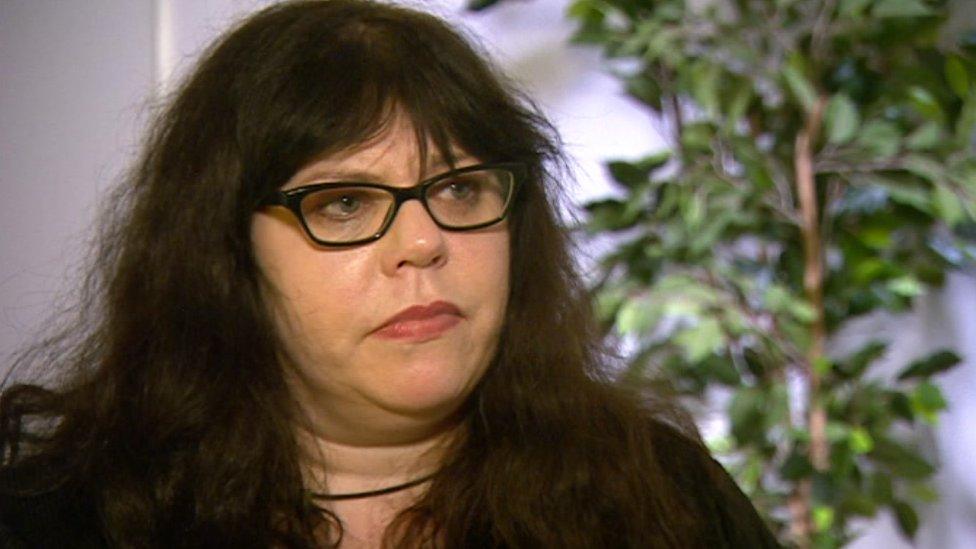
Elizabeth Letaief turned to the charity, Support After Rape and Sexual Violence Leeds, which is part of the Rape Crisis network
'I felt like nothing'
Elizabeth Letaief, from Leeds, was raped several years ago but has waived her anonymity to speak to the BBC.
She said her ordeal left her with severe depression and she was described as "exhibiting the effects" of post-traumatic stress disorder (PTSD).
"I couldn't even say the word 'rape' really," she said.
Ms Letaief added: "I didn't understand how traumatised I'd been and how it could affect health in different ways.
"Before counselling I felt like nothing, I felt like I was to blame for what happened to me, I felt like I'd made some bad choices and I felt I didn't need any investment."
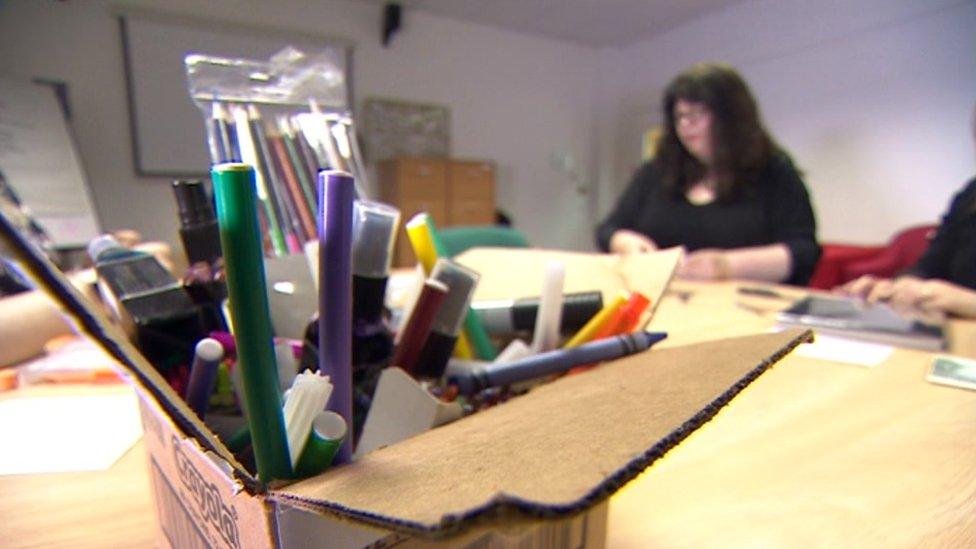
Under UK law, victims of sexual offences are given life long anonymity
Ms Letaief turned to Rape Crisis and received 20 weeks of counselling. She subsequently founded the charity's peer support group in her home city, which meets on a weekly basis.
"It's a different life completely," she said.
"I know there are experts to talk to if I need to but through the peer support group we can talk about painful things, learn from each other and it's ok to have a bit of a wobble.
"But I know there are people here who have my back if it ever gets bad and I can't tell you how life changing that is."


Ms Baird said Rape Crisis had a 17% increase in referrals this financial year and the huge waiting list was "extremely bad".
"Many of the people who come were assaulted over a year before, because it takes an enormous length of time to get over all this sense of shame and self-blame that goes with it to come forward.
"So it's really critical that when someone finally manages to muster that up then there is somebody there to say 'yes come in, we can help you'.
She said it was "really urgent that sustainable funding is increased" and echoed the charity's calls for the government to make it a priority.
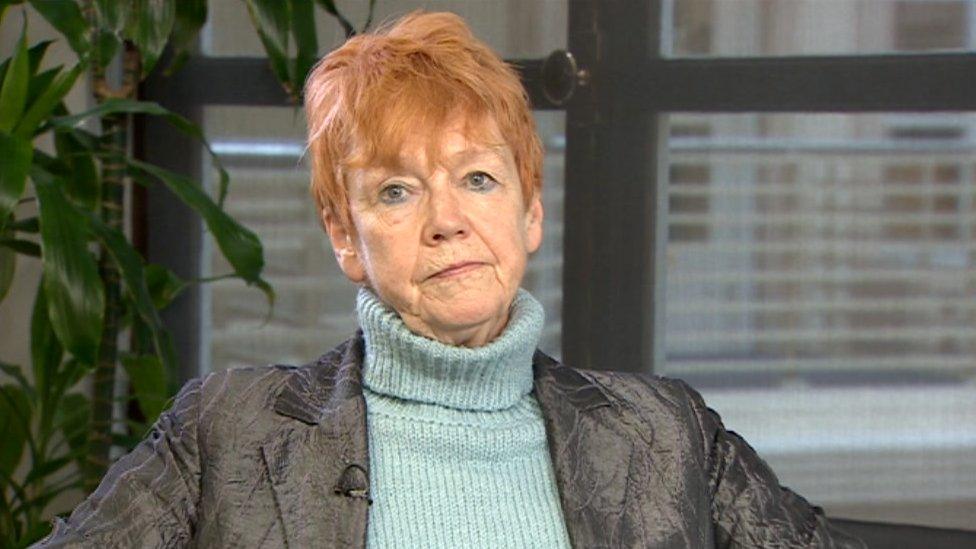
"Having a waiting list for people who work up the courage to contact Rape Crisis is really damaging," said Dame Vera Baird QC
"The government did put some rape crisis funding on a three-year basis instead of annually and that is a good thing and I commend that but it needs more money and it needs more sustainability."
The Ministry of Justice (MoJ) said it had increased funding "twice last year" in addition to giving £68m to police and crime commissioners to support all victims of crime.
A spokesman said the MoJ remained committed to supporting victims of crime and would be consulting on "a new Victims' Law" this year.
- Published27 May 2022
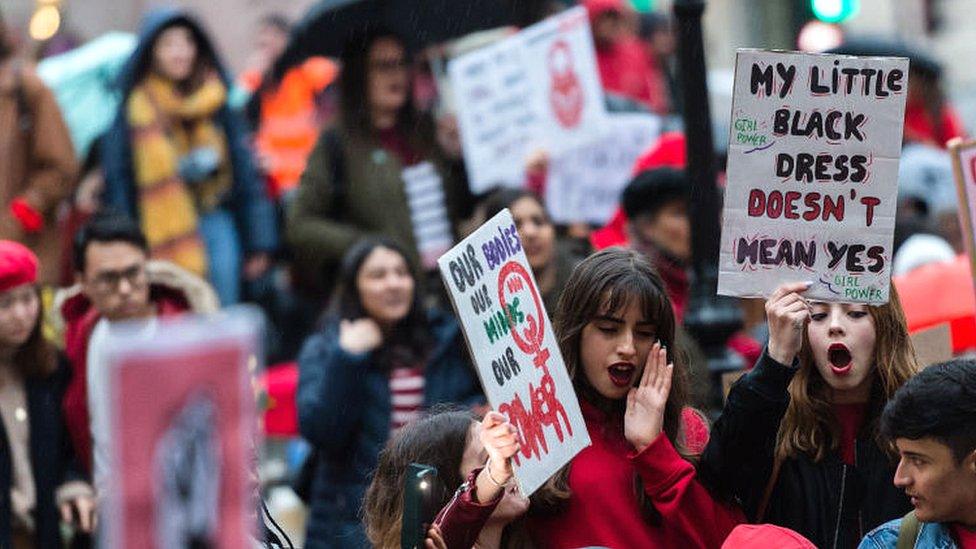
- Published17 July 2018

- Published5 April 2013
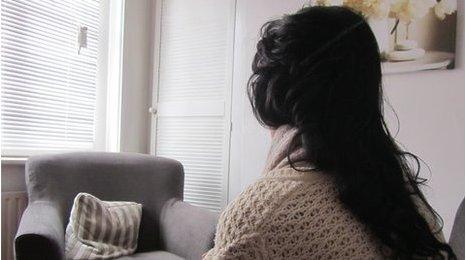
- Published19 February 2018
